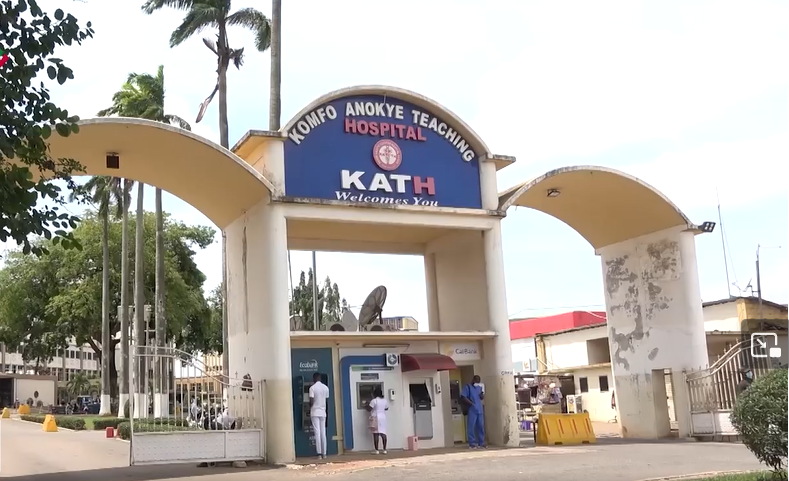The untimely demise of Dr. Kwame Adu Ofori, a 47-year-old emergency physician at Komfo Anokye Teaching Hospital (KATH), has cast a pall over Ghana’s medical community and sparked a national outcry regarding the critical inadequacies within the country’s healthcare system. Dr. Ofori, tragically, fell victim to the very system he dedicated his life to serving, succumbing to a heart attack that could have been treated had the necessary infrastructure been in place. His death serves as a stark reminder of the urgent need for investment in critical care facilities and equipment across Ghana, particularly outside the capital city of Accra.
Dr. Ofori suffered a myocardial infarction, commonly known as a heart attack, caused by a blocked coronary artery. The standard, life-saving procedure for this condition is a percutaneous coronary intervention (PCI), which involves inserting a catheter into the affected artery to restore blood flow. This procedure is performed in a specialized facility called a catheterization laboratory, or cath lab. Tragically, KATH, the second largest teaching hospital in Ghana, lacked this essential facility. Despite the heroic efforts of his colleagues to stabilize him and arrange for an emergency airlift to a hospital in Accra equipped with a cath lab, Dr. Ofori passed away en route, highlighting the devastating consequences of this infrastructural deficit. His death underscores the inherent inequality in healthcare access between the capital and other regions of the country.
The incident has galvanized healthcare professionals to advocate for the immediate establishment of a cath lab at KATH and other regional hospitals. They argue that a cath lab is not a luxury but a fundamental necessity for providing comprehensive emergency cardiac care. The lack of such a facility at KATH, a major referral hospital serving a significant population, represents a critical vulnerability in the healthcare system. The current situation forces patients requiring urgent PCI to be transported to Accra, often at great risk and with significant delays, as was tragically demonstrated in Dr. Ofori’s case. This centralized approach to specialized care not only jeopardizes patient outcomes but also places an undue burden on the limited resources available in the capital.
A petition addressed to the Minister of Health, spearheaded by pharmacist Sekyi-Brown Reginald, outlines a five-point action plan to address the urgent gaps in critical care infrastructure. The petition calls for an 18-month moratorium on the government’s Agenda 111 initiative, which focuses on constructing new hospitals. The authors argue that prioritizing the equipping of existing referral centers with critical equipment, like cath labs, should take precedence over new construction. They propose the establishment of a Ghana Health Infrastructure Emergency Fund to mobilize resources from various sources, including international partners, the diaspora, and philanthropic organizations.
Furthermore, the petition demands transparency and accountability from the government. It calls for a “State of the Health System” address to inform the public about existing infrastructure gaps, regional disparities in emergency care, and the government’s plan to address these deficiencies. The petition specifically recommends the establishment of four regional cath labs within 12 months at KATH, Tamale Teaching Hospital, Cape Coast Teaching Hospital, and Ho Teaching Hospital. It provides estimated cost projections for the procurement, installation, staffing, and training required for these facilities.
Finally, the petition advocates for the integration of pharmacists into emergency and specialist care teams, highlighting their expertise in medication therapy management, pharmacovigilance, and anticoagulation clinics crucial for cardiac and stroke care. This proposal aims to maximize the utilization of existing human resources and enhance the quality of care provided within the system. The tragic death of Dr. Ofori serves as a powerful catalyst for change, emphasizing the desperate need for immediate action to rectify the systemic inadequacies plaguing Ghana’s healthcare system and ensuring equitable access to life-saving care for all citizens. His story highlights the tragic irony of a dedicated physician losing his life due to the very system he served, underscoring the urgent need for investment, infrastructure development, and systemic reform within Ghana’s healthcare landscape.


